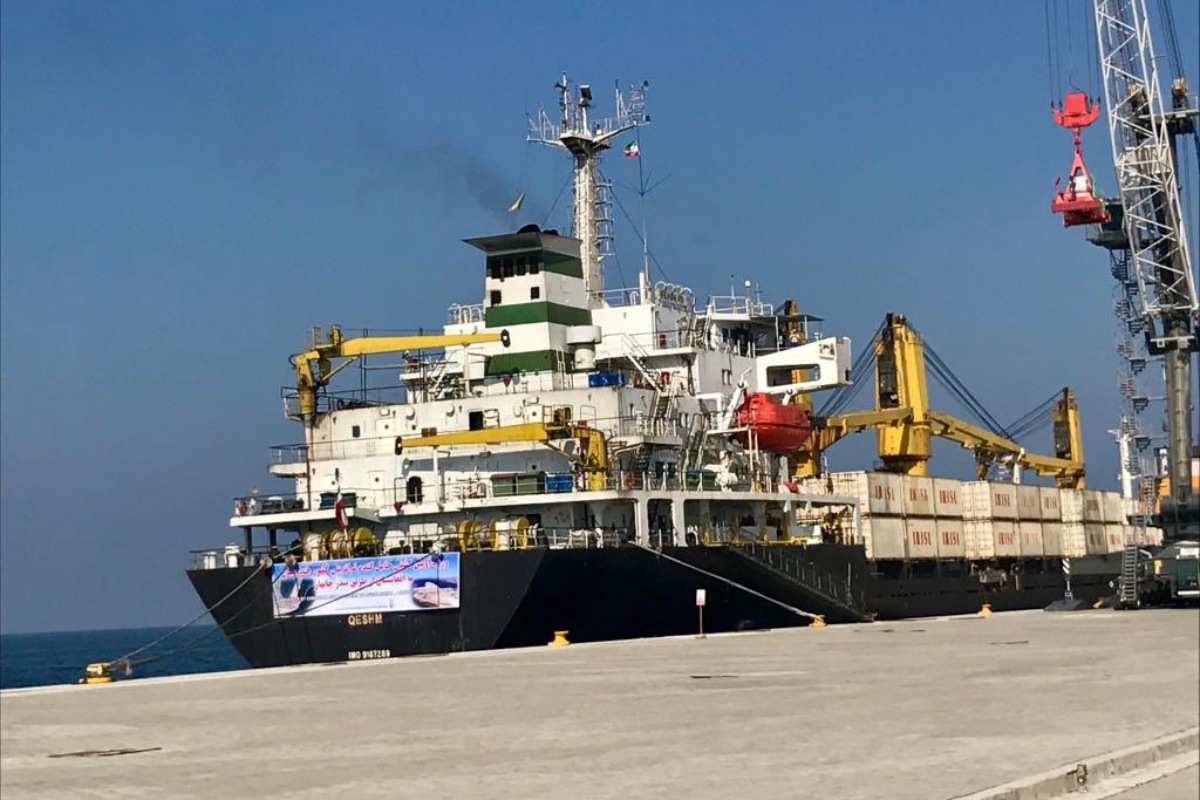India and Central Asian countries have agreed to strengthen regional connectivity and initiate more projects to improve trade and economic cooperation in the first India-Central Asia Joint Working Group (JWG) on Chabahar Port held in Mumbai on April 12-13.
The meeting was chaired by the Secretary (ER) and attended by the Deputy Ministers and senior officials of Kazakhstan, Kyrgyzstan, Tajikistan, Turkmenistan, and Uzbekistan.
The meeting discussed several key subjects, including the role of Chabahar Port in sending aid to Afghanistan, developing regional connectivity, and initiating more connectivity projects to enhance trade and economic cooperation.
The participants noted that further development of regional connectivity is essential for enhancing trade and commerce between India and Central Asian countries.
During the meeting, the Managing Director of India Ports Global Limited (IPGL) gave a presentation on the facilities and current operations at the Shahid Behesti Terminal, Chabahar Port.
The Country Representative for the UN World Food Programme (UNWFP) made a presentation on the ongoing cooperation between India and UNWFP in Afghanistan for the delivery of wheat assistance.
The Consul General of the Islamic Republic of Afghanistan emphasised the significance of Chabahar Port for the delivery of humanitarian assistance to the Afghan people and for providing economic opportunities for Afghan businessmen and traders.
Since IPGL took over operations in December 2018, India has utilised Chabahar Port to ship a total of 2.5 million tons of wheat and two thousand tons of pulses to Afghanistan. The role played by Shahid Behesti Terminal at Chabahar Port in facilitating the shipments of humanitarian assistance for the Afghan people was appreciated.
The participants welcomed the proposal of the Deputy Foreign Minister of the Islamic Republic of Iran to hold the next round of the India-Central Asia Joint Working Group (JWG) in Iran with the participation of the private sector.
The participants further agreed that connectivity initiatives should confirm international norms, the rule of law, respect for international commitments, and be based on mutually agreed upon principles of sustainable connectivity, transparency, broad participation, local priorities, financial sustainability, and respect for the sovereignty and territorial integrity of all countries.
They emphasised that the connectivity projects deserve priority attention and could be a force multiplier for trade and economic cooperation and contacts between countries and people. The private sector’s active participation is required to facilitate large-scale private investments in sustainable connectivity. The sides expressed their commitment to implementing relevant international standards, ensuring a level playing field for companies and ensuring reciprocal access to markets.
India offered capacity-building programs upon the request of the participants. The participants thanked India for holding the first Joint Working Group Meeting on the joint use of Chabahar Port in Mumbai and agreed to hold the next round of the meeting at a mutually convenient date.

